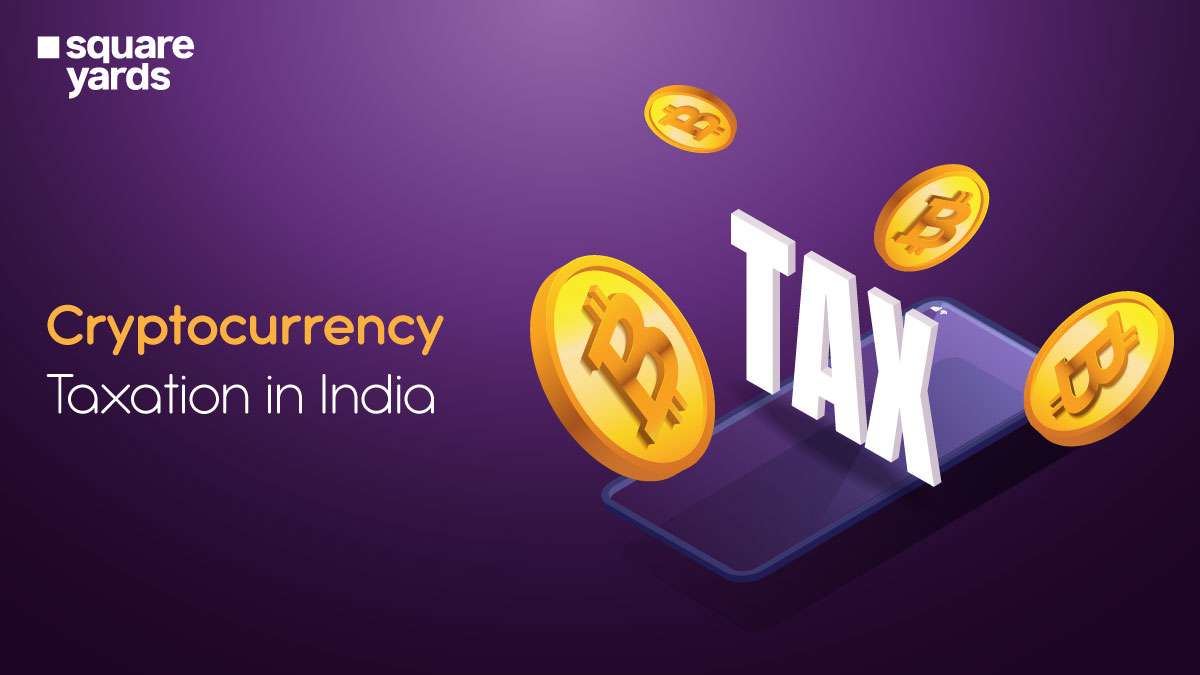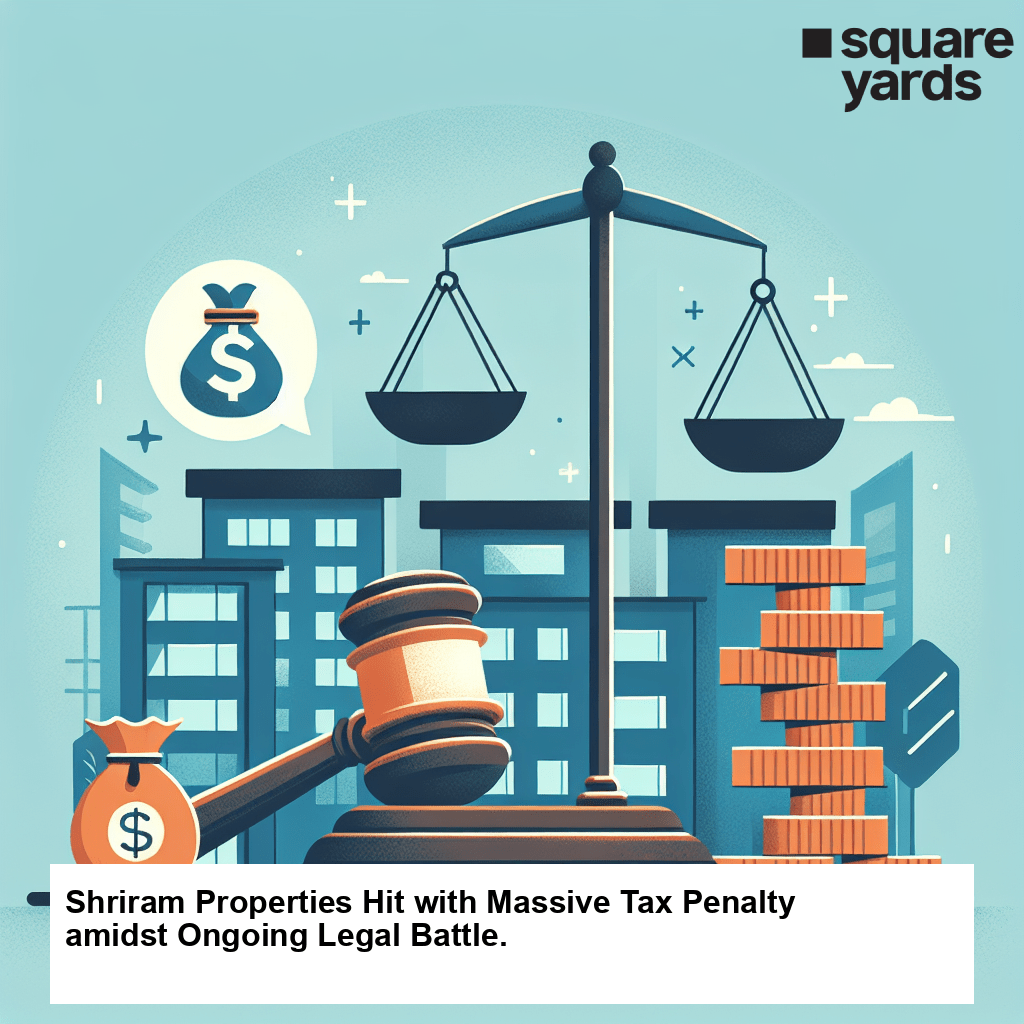Cryptocurrency is a business investment for future generations. From young professionals to established businessmen, everyone believes in the supremacy of cryptocurrency. With the increasing popularity of cryptos, the government started levying cryptocurrency taxation in India.
As of Financial Bill 2022, the tax on the digital asset is levied for getting the benefits of its higher appreciation in the future. Moreover, the cryptos hold great potential for enormous growth henceforward. Since the investors are maximising their investment in buying and selling digital assets to gain profits, the tax on cryptocurrency in India is a way to build a concrete transaction.
Taxation on crypto is an important part of India for wise investment and sale. In this article, get to know the tax on cryptocurrency in India and its basics in detail.
Table of contents
- Cryptocurrency – Meaning as per Income Tax Provisions
- Is Crypto a ‘Currency’ or an ‘Asset’?
- Current Crypto Tax India Rate
- TDS on Cryptos
- Additional Crypto Tax in India Provisions
- Rules for Tax on Cryptocurrency in India
- Cryptocurrency Taxation on the Gain from the Sale of Crypto in India
- Bottom Line
- Frequently Asked Question (FAQs)
Cryptocurrency – Meaning as per Income Tax Provisions
A cryptocurrency is a form of digital currency which is a digital asset for the owners, protected via cryptography. Hence, no one can counterfeit its value or spend it twice. Most cryptos available worldwide have been decentralised via the network-based on blockchain technology.
No central authority can control the cryptocurrency, making this virtual asset different from others. The major benefit of cryptos is that the money transfers become faster and cheaper. With the decentralisation of systems, the chances of single failure points become negligible.
As per the Income Tax Provisions, the meaning of a cryptocurrency is simple. The provision states the cryptocurrency as:
- A kind of digital asset.
- It is neither a form of Indian currency nor a foreign currency under the Foreign Exchange Management Act, 1999 provisions.
- Crypto works as a value store or account unit for the owner.
- An asset can only be transferred, traded, or stored via digital platforms.
The cryptos can either be bought from a cryptocurrency exchange or mined. Despite that, not every exchange allows you to purchase cryptos. Some famous digital currencies, such as Bitcoin, are rarely used by people for retail-related transactions. People started accepting this virtual asset over time, which led to its skyrocketed value. The growth of cryptos made them a popular trading instrument that can also be used for cross-border transactions.
Is Crypto a ‘Currency’ or an ‘Asset’?
A cryptocurrency is a form of digital asset and not a currency that sets the reason for the rules of crypto tax in India. It is a nuanced approach taken by the government of India. Instead of currency for payments and transactions, anyone can hold it as a virtual asset like shares.
As mentioned in the Finance Bill 2022, cryptocurrencies are termed digital capital assets for cryptocurrency taxation in India. Therefore, this virtual asset comes under the head capital gain, and the income under this gain will be a transaction on the same.
The government is still finalising legislation that will allow the digital asset to make payments and transactions. Also, the Securities and Exchange Board of India, also known as SEBI, might work as the regulatory authority of cryptocurrency in India. Since cryptos are an evolving technology, the government is aimed to look for forward-looking and proactive ways for its growth and use in the country.
Current Crypto Tax India Rate
In the budget 2022-23, Nirmala Sitharaman and her team made proposals for cryptocurrency taxation in India. In the budget, it is mentioned that the profits gained on cryptos in a year will be taxed up to 30%. For example, if you own a virtual cryptocurrency asset at ₹ 20,000 and sell it at ₹ 24,000, the profit is ₹ 4,000. The crypto tax in India paid on the profit will be ₹ 1,200.
But if a person has bought the digital asset but has not sold it yet, they are not eligible for taxation. If you own cryptos but have not realised the profit value, then the government cannot apply cryptocurrency taxation in India on the asset. Until some portions of the asset are sold, they will not qualify for taxation.
Likewise, after considering all the transactions related to cryptos made in the whole year, if the crypto owner is at a loss, there will be no applicable crypto tax in India. For example, if you bought crypto of ₹ 50,000 but sold it at ₹ 43,000, the loss value is ₹ 7,000. In this case, the crypto buyer faced a loss of ₹ 7,000, and hence, they do not have to pay a tax amount for the cryptocurrency.
TDS on Cryptos
As per the recent crypto rules in India, a 1% amount as TDS will be deducted at the source. This amount applies to all the crypto redemptions. The deduction presumably will be made by the crypto exchanges that one uses for purchase.
The 1% TDS amount be deducted from the source. The TDS amount is the deduction on the whole transaction value of cryptos. For example, if you bought Tether for ₹ 50,000 and sold it for any profit, you will get ₹ 49,500. Then again, if you invested this amount in NFTs or other cryptos and sold it with a loss, the 1% TDS will then also get deducted, and you will get ₹ 49,005.
Additional Crypto Tax in India Provisions
To close all the loopholes, there are other provisions in India for cryptocurrency taxation.
If a person earns most of their income from this digital asset, they can show the profit as business income. Despite that, the government will not allow business from the crypto earnings.
Many people avoid the 30% cryptocurrency taxation in India by sharing the profits as capital gains. This gain is taxed up to 20% surcharges and is not allowed by the government either.
Crypto-based gifts and prizes will also be charged a 30% crypto tax in India. Hence, NFTs, or coins’ ‘Airdrops,’ will also be not free for anyone. The option of a 1% TDS deduction is applicable at the source for crypto-based gifts.
Rules for Tax on Cryptocurrency in India
The rules on applying a tax on cryptocurrency in India in the Finance Bill 2022 are as follows:
- 30% tax on cryptocurrency in India is applicable on the income transfer from cryptocurrencies.
- There will be no deduction allowed on any expenditure, excluding the acquisition cost.
- Set off on losses or carrying forward on the same is also not allowed for income.
- The crypto-based gifts and prizes are also liable for crypto tax in India.
- The government proposed Tax Deduction at Source (TDS) to capture the transaction details. The TDS amount will be deducted on the transfer of digital assets. The amount will be 1 percent of the assets’ threshold money consideration.
Cryptocurrency Taxation on the Gain from the Sale of Crypto in India
The cryptocurrency is yet not a legal form by the Reserve Bank of India (RBI). Therefore, this digital asset cannot be exempted from tax on cryptocurrency in India. If you are an earner who made profits from the sale of crypto, you will have to pay the tax to the government.
Except for exempted explicit incomes, all incomes are taxed under the Income Tax Act, 1961. Till the Income Tax Department announces new information, the crypto-investors will have to pay tax on the digital assets. As per Income Tax Rule, the crypto-based income is taxable if it is
- Capital Gains
- Business Income
The transaction is classified based on the nature of the transaction and the investor.
Frequent trades with ample gains will classify the crypto-transactions as Business Income. But if the crypto is primarily owned to get the long-term appreciation benefits, it will be classified as Capital Gain.
Before you presume the transaction classification, it is important to get an expert’s help and get an accurate understanding and reporting.
● Capital Gains
Investments in crypto-capitals are classified into Capital Gains. If the sale value is higher than the investments, it will be classified as Capital Gain. And if the sale value is lower than the investment, it is classified as Capital Loss.
● Business Income
If crypto-based investment falls under the Business Income, then Goods and Services Tax (GST) factors will also be considered. All kinds of deductions (direct and indirect) will be allowed to be deducted from the sale profits of cryptocurrency. The profits will get added to another income form, and the cryptocurrency taxation in India will be applied accordingly.
Bottom Line
With many cryptos coming forward to get the attention and investment of people, the taxation rule on it is also changing. The 30% cryptocurrency taxation in India is applicable for all kinds of profits related to crypto sales. Taxation is the first step of the Indian tax system by the government to regulate the transactions related to cryptocurrency.
You May Also Read:
Frequently Asked Question (FAQs)
How much do I need to pay for cryptocurrency?
On the profits gained by selling the cryptos, a 30% rate tax on cryptocurrency in India needs to be paid by the investor.
Why is crypto taxed so high in India?
The crypto tax in India is high to benefit from the high-value appreciation in the future.
Is it possible to avoid payment of cryptocurrency taxation in India?
It is still not confirmed, but it is believed that there are still a few loopholes in the crypto tax in India. The experts said that Decentralised Exchange (DEX) could help avoid the payment of crypto tax in the country.





























































